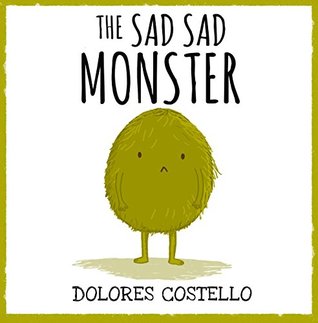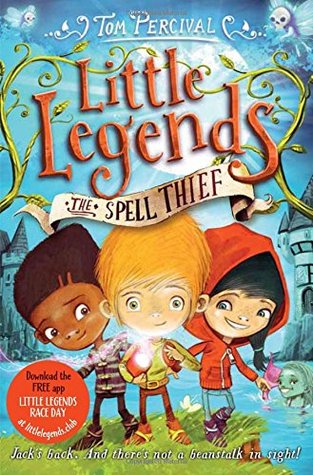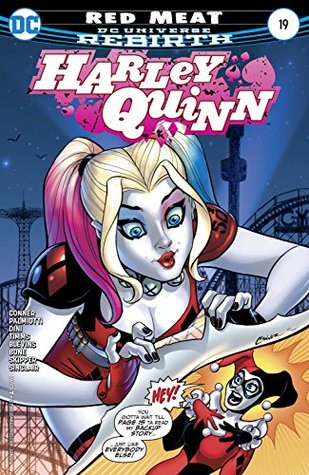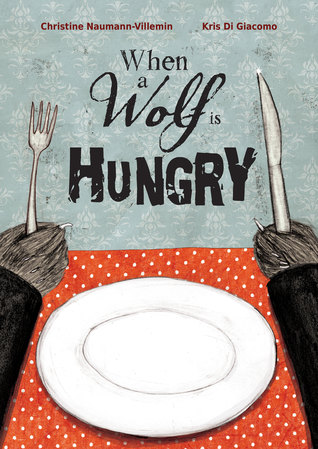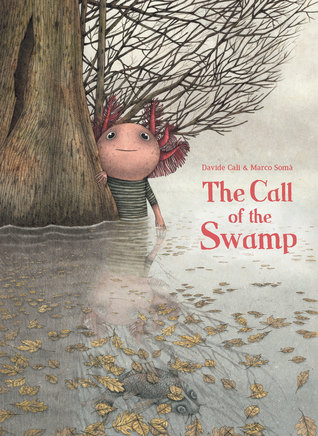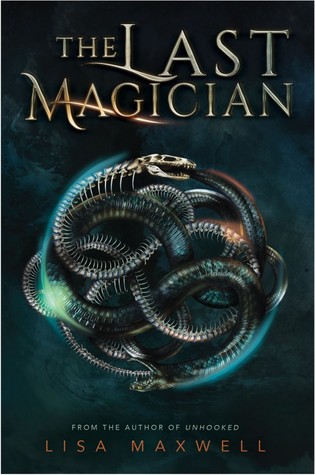The hallway was lit by the amber glow of shaded oil lamps on
side tables, so that for all the opulence of the place, the air tasted of acrid
smoke, and the darkness pooled around me as I ran. Up ahead, the corridor
turned into an open area where a single yellowing bulb of luxorite shone on
intricate ceiling moldings and ornamental pilasters. There were stairs down,
and I was aware of voices, lots of them, a sea of confused chatter spiked
erratically with waves of laughter.
A party.
More Bar- Selehm elegance and,
for me, more danger. I had no official position, no papers allowing me to break
into the hotel rooms of the wealthy, nothing that would make my Lani presence
among the cream of the city palatable. And in spite of all I had done for Bar-
Selehm— for the very people who were sipping wine in the ballroom below— I
felt the pressure of this more keenly than I had Darius’s malevolent kick. Some
blows were harder to roll with.
I sprang down the carpeted
stairs, turning the corner into the noise. The hallway became a gallery running
around the upper story of the ballroom so that guests might promenade around
the festivities, waving their fans at their friends below. Darius was on the
far side, moving effortlessly through the formally dressed clusters of startled
people. He was still masked, and they knew him on sight, falling away, their
mouths little Os of shock. One of the women fainted, or pretended to. Another
partygoer, wearing a dragoon’s formal blues, took a step toward the masked man,
but the pistol in Darius’s hand swung round like an accusatory fin ger and the
dragoon thought better of his heroism.
I barreled through the crowd,
shoving mercilessly, not breaking stride. The party below had staggered to a
halt, and the room was a sea of upturned faces watching us as we swept around
the gallery toward another flight of stairs. As I neared the corner, I seized a
silver platter from an elegant lady in teal and heaved it at him, so that it
slid in a long and menacing arc over the heads of the crowd below and stung him
on the shoulder. He turned, angry, and found me elbowing my way through the people
as they blew away from him like screws of colored tissue, horrified and
delighted by their proximity to the infamous cat burglar. And then his gun came
up again and they were just horrified, flinging themselves to the ground.
He fired twice. The gilded plaster
cherub curled round the balustrade in front of me exploded, and the screaming
started. Somewhere a glass broke, and in all the shrieking, it wasn’t
absolutely clear that no one had been seriously hurt, but then someone took a
bad step, lost their balance, and went over the balustrade. More screaming, and
another shot. I took cover behind a stone pillar, and when I peered round,
Darius had already reached the stairs and was gone.
I sprinted after him, knocking
a middle- aged woman in layers of black gauzy stuff to the ground as I barged
through. My kukri was still in my hand, and the partygoers were at least as
spooked by the sweep of its broad, purposeful blade as by Darius’s pistol,
though it had the advantage of focusing their attention away from my face and
onto my gloved hands. A waiter— the only black person in the room that I could
see— stepped back from me, staring at the curved knife like it was red- hot.
That gave me the opening I needed, and I dashed through to the stairs.
Darius had gone up. I gave
chase, focusing on the sound of his expensive shoes. One flight, two, three,
then the snap of a door and suddenly I was in a bare hall of parquet floors,
dim, hot, and dusty. A single oil lamp showed supply closets overflowing with
bed linens and aprons on hooks. The hall ended in a steel ladder up to the
roof, the panel closing with a metallic clang as I moved toward it.
He might be waiting, pistol
reloaded and aimed. But he had chosen this building for a reason. Its roof gave
onto Long Terrace, which ran all the way to the edge of Mahweni Old Town, from
where he could reach any part of the northern riverbank or cross over into the
warren of ware houses, sheds, and factories on the south side. He wouldn’t be
waiting. He was looking to get away.
So I scaled the ladder and
heaved open the metal shutters as quietly as I could manage. I didn’t want to
catch him. I wanted to see where he went. It would be best if he thought he’d
lost me. I slid out cautiously, dropped into a half crouch and scuttered to the
end of the roof like a baboon. Darius was well away, taking leaping strides
along the roof of the Long Terrace, and as he slowed to look back, I leaned
behind one of the hotel’s ornamental gargoyles out of sight. When next I peered
round, he was moving again, but slower, secure in the knowledge that he was in
the clear.
I waited another second before
dropping to the Long Terrace roof, staying low, and sheathing my kukri. The
terrace was one of the city’s architectural jewels: a mile- long continuous row
of elegant, three- story houses with servants’ quarters below stairs. They were
fashioned from a stone so pale it was almost white and each had the same black
door, the same stone urn and bas- relief carving, the same slate roof.
Enterprising home owners had lined the front lip of the roof with planters
that, at this time of year, trailed fragrant vines of messara flowers. The whole
terrace curved fractionally down toward the river like a lock of elegantly
braided hair. For Darius it provided a direct route across several blocks of
the city away from prying eyes.
The nights were warming as Bar-
Selehm abandoned its token spring, and the pursuit had made me sweat. We had
left the light of the Beacon behind, and I could barely keep track of Darius in
the smoggy gloom, even with my long lens, which I drew from my pocket and
unfolded. At the end of the terrace, he paused to look back once more,
adjusting the tubular roll of documents he had slung across his back, but I had
chosen a spot in the shadow of a great urn sprouting ferns and a dwarf fruit
tree, and he saw nothing. Satisfied, he shinned down the angled corner blocks
at the end of the terrace and emerged atop the triumphal arch that spanned
Broad Street, then descended the steps halfway and sprang onto the landing of
the Svengele shrine, whose minaret marked the edge of Old Town. I gave chase
and was navigating the slim walkway atop the arch when he happened to look up
and see me.
I dropped to the thin ribbon of
stone before he could get his pistol sighted, and the shot thrummed overhead
like a hummingbird. He clattered up the steps that curled round the minaret and
flung himself onto the sand- colored tile of the neighboring house. He was running
flat out now, and I had no choice but to do the same. I jumped, snatched a handhold
on the minaret, and tore after him, landing clumsily on the roof so that I was
almost too late in my roll. Another shot, and one of the tiles shattered in a
hail of amber grit that stung my eyes. I sprawled for cover, but Darius was off
again, vaulting from roof to roof, scattering tile as he ran, so that they
fell, popping and crackling into the street below. Somewhere behind us, an
elderly black man emerged shouting, but I had no time for sympathy or
apologies.
As the narrow street began to
curl in on itself, Darius dropped to the rough cobbles and sprinted off into
the labyrinth which was Old Town. The streets were barely wide enough for a
cart to squeeze through, and at times I could touch the buildings on either
side of the road at the same time. There
was a pale gibbous moon glowing like a lamp in Bar- Selehm’s perpetual smoky
haze, but its light did not reach into the narrow ginnels running between the
city’s most ancient houses. Down here his footfalls echoed in the dark, which
was the only reason I could keep up with him as he turned left, then right,
then back, past the Ntenga butchers’ row and down to the waterfront, where I
lost him.
The river wasn’t as high as it
had been a couple of weeks before, but it filled the night with a constant
susurration like wind in tall grass. As the carefully maintained cobbles gave
way to the weedy gravel around the riverside boatyards and mooring quays, any
footfalls were lost in the steady background hiss of the river Kalihm. I
clambered down the brick embankment that lined the riverbank and revolved on
the spot, biting back curses as I tried, eyes half shut, to catch the sound of
movement.
There. It may have been no more
than a half brick turned by a stray foot, but I heard it, down near the shingle
shore only fifty yards away. It came from the narrow alley between a pair of
rickety boathouses that straddled a concrete pier. I made for the sound, opting
for stealth rather than speed, one hand on the horn butt of my kukri, picking
my way over the rounded stones, my back to the city. Even here, in the heart of
Bar- Selehm, when you faced the river, you stepped back three hundred years,
and there was only water and reeds and the giant herons that stalked among them.
I heard the noise again, different
this time, more distinct, but in this narrow wedge of space between the boat
houses, almost no light struggled through. The river itself was paler,
reflecting the smudge of moon in the night sky and touched with the eerie
phosphorescence of glowing things that lived in its depths, but I could see
nothing between me and it.
Or almost nothing.
As I crept down the pebbled
slope, I saw—or felt— a shape in front of me as it shifted. Something like a
large man crouching no more than a few feet ahead. A very large man. I slid the
kukri from its sheath, and in that second, the shape moved, black against the waters
of the Kalihm. It turned, lengthening improbably as it presented its flank to
me. It was, I realized with a pang of terror, no man. It was as big as a cart,
and as it continued its slow rotation to face me, a shaft of light splashed
across its massive, glistening head. I felt my heart catch.
The hippo rushed at me then,
its face splitting open impossibly, eyes rolling back as it bared its immense
tusks and bellowed.



